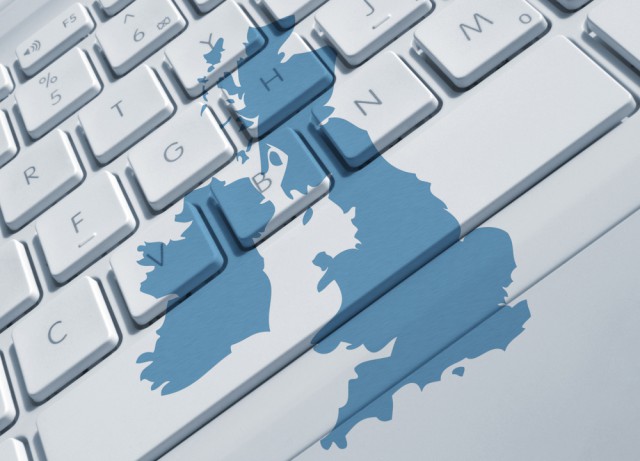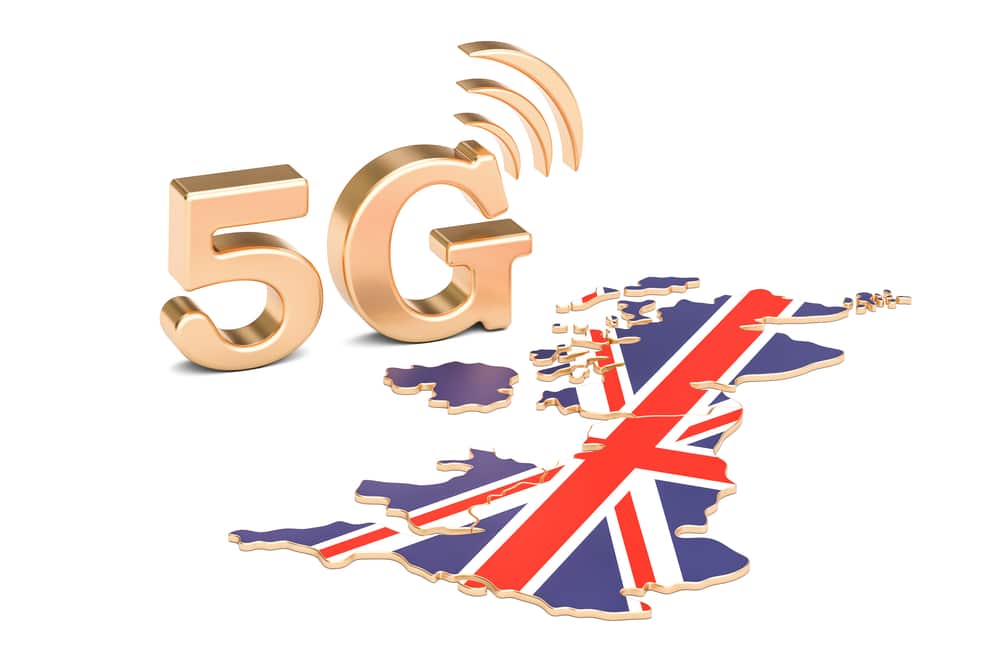
PayPal cancels customers it doesn't like
In the past 48 hours or so PayPal’s UK arm has canceled the accounts of a number of campaigning organizations including the Free Speech Union, legal campaigners Law or Fiction, parents group UsForThem, and even the personal account of the FSU's founder journalist Toby Young.
The only reason the company has given for these actions is to cite its Acceptable Use Policy. And, as Young wrote in his column in The Spectator, PayPal also decided it would hang onto his money for up to 180 days while deciding whether to extract 'damages' before refunding it.

A third of cybersecurity professionals are kept awake by stress
A new survey of over 300 UK security professionals shows 32 percent of respondents say they are kept awake by job stress, 25 percent by lack of opportunity, but only 22 percent by their organization suffering a cyberattack.
The study from The Chartered Institute of Information Security (CIISec) says organizations have been slow to adopt industry standards. Almost half (49 percent) don't follow the UK Government's Cyber Essentials practices, which provide basic best practice; and just 20 percent have formally adopted the NCSC's 'Ten steps to cyber security' guidance.

Cybercriminals attack the wrong water company in bungled extortion attempt
On Monday, hacker group ClOp claimed to have gained access to 5TB of data from UK water supplier Thames Water and said it could change the chemical composition of the company's water supply.
Thames Water denied the reports and said it hadn't faced a cyber attack. Today it emerges that an attack has taken place but on a different company, South Staffordshire plc, the parent company of South Staffs Water and Cambridge Water.

More than a third of UK government tech workers still not using open source
The UK government committed itself to using more open source software in its Technology Code of Practice published in 2021, but 38 percent of government tech workers in a new study say they still don't use any open source software in their department.
On a more positive note the research from data management company Aiven shows 71 percent of UK government tech workers report the Government is now using more open source software compared to five years ago.

Hackers invade British Army's social media accounts
The British Army confirmed yesterday that its Twitter and YouTube accounts had been breached by hackers.
The Army's YouTube channel was changed to feature videos on cyptocurrency and images of billionaire businessman Elon Musk under the account name ArkInvest, while its official Twitter account was used to re-tweet several posts relating to NFTs and had its name changed a number of times.

5G could boost the UK economy by billions but more investment is needed
The benefits of 5G could be worth up to £7bn ($8.5bn) a year to the UK economy by 2030, but more needs to be done to ensure the country doesn't miss out on the benefits.
Research from Vodafone shows that while the 5G rollout has so far focused on major cities, towns and smaller cities are at risk of losing out.

Supply chain delays leave enterprises at risk
Continuing global supply chain disruption caused by the pandemic and the war in Ukraine is putting enterprises at increased risk from things like ransomware attacks, according to new research from Citrix.
The survey of 200 UK IT decision makers carried out by OnePoll finds 80 percent of security leaders believe that supply chain issues or delays have put their organization at increased risk from ransomware -- for example, by being unable to replace unsupported hardware.

Almost half of UK organizations now encrypt all their data
The increasing threat of data breaches and ransomware is leading more business to encrypt all of their data according to a new report.
The report, from hardware-encrypted USB drive maker Apricorn, is based on a study of 100 UK IT decision makers carried out by Vanson Bourne and finds 47 percent now require the encryption of all data both at rest and in transit.

New UK data laws set to make annoying cookie pop-ups crumble
Website pop-ups asking you to consent to cookies have become a regular -- if irritating -- feature for European internet users since the introduction of GDPR in 2018.
As part of a post Brexit shake up of data law the UK government has announced that its Data Reform Bill will cut down on the number of times these 'user consent' boxes will be shown.

Human error to blame for eight out of 10 data breaches
New analysis by CybSafe of data from the UK Information Commissioner's Office shows 80 percent of data breaches reported in 2021 were caused by user error.
A total of 2,692 reports were sent to the ICO last year 80 percent of which could be attributed to actions taken by end-users, though this is down from 90 percent in 2020.

A third of UK office workers face tech issues when working remotely
A third of UK office workers have experienced problems with their workplace technology while operating remotely and it can take over three days, on average, for kit to be replaced.
The research from smart locker provider Velocity Smart Technology also finds that despite the challenges IT departments have been subjected to over the last two years, 37 percent of UK workers say that support from their IT department has improved.

UK police force becomes first to deploy new digital forensics solution
Thanks to increased use of computers and mobile phones almost every crime now has some form of digital element. This has put a strain on the police's ability to investigate effectively and inevitably led to delays.
West Midlands Police in the UK has become the first to deploy a new cloud-based digital forensic solution from Exterro which allows greater collaboration between officers and means cases can be worked on remotely and resolved at greater speed.

Tackling the problems of the future with today's data: What the Government can do to prepare itself
How can we best use data to reach our goals? This is a question that every business and public sector organization often asks themselves. Data is an incredible asset, and Government has some of the richest data sets available. The potential of data to drive efficiencies, improve policy making and, ultimately, drive better outcomes for citizens, is well documented.
The UK Government’s National Data Strategy shows its commitment to placing data at the heart of a concerted national effort to improve citizen services. There are numerous Initiatives focused on helping improve the use of data across government. One such example is the collaboration between the Global Government Forum, the Office for National Statistics, NTT DATA UK, and the Cabinet Office, to produce the Civil Service Data Challenge (CSDC), which pushes data innovation a step further.

How to continue the growth of open source in the UK
Open source adoption rates are growing globally, with non-propriety code proving to be both efficient and cost-effective for a variety of organizations. Approximately 82 percent of IT decision-makers are more likely to choose a vendor that actively gives back to the open source community, according to a recent report from Red Hat. In the UK in particular, much of the reason for this open source drive is down to increased public cloud usage, the growing demand for rapid digital transformation and a greater understanding of open source’s cybersecurity resilience.
To help continue this open source upsurge in a sustainable manner, organizations utilizing the technology need to be contributing back to the community, to best enable the development of the technology.

Brits have more online accounts but stick with the same old passwords
Since the start of the pandemic, the number of online accounts Britons now have has almost doubled -- going up from 18 to 32, but their password habits haven't improved.
New research from F-Secure ahead of Thursday's World Password Day shows 75 percent of Brits could be putting their finances and savings at risk by using the same password for their online banking as for other online accounts.
